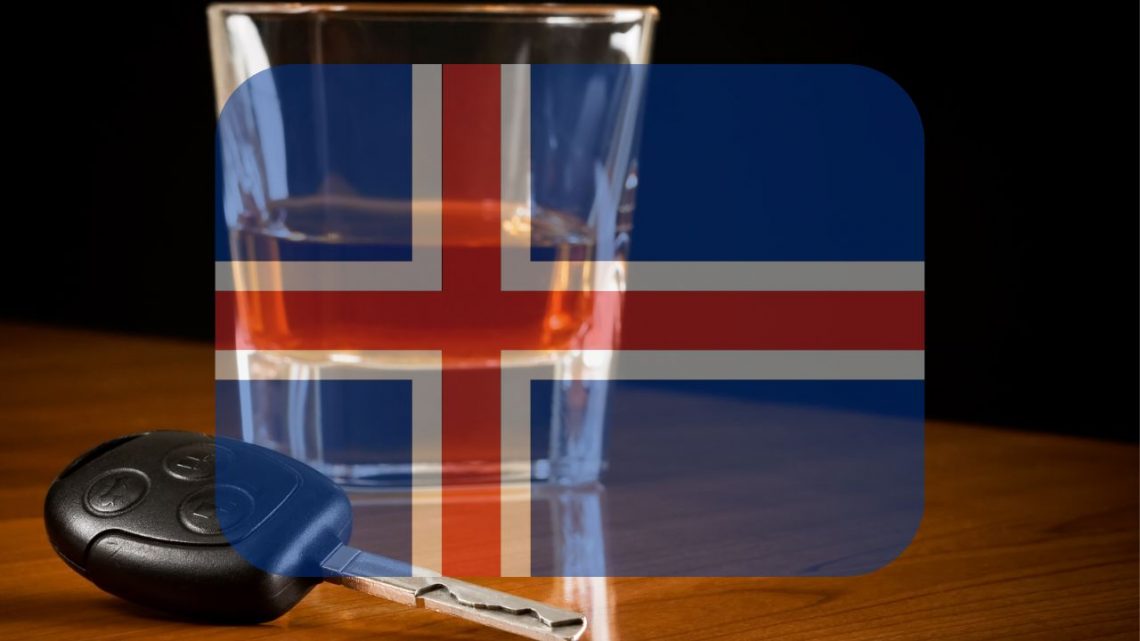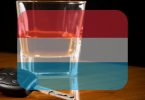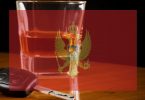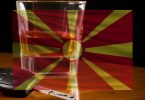In Iceland, the law strictly prohibits drinking and driving, setting the legal alcohol limit for drivers at 0.00%.
This webpage aims to inform and increase understanding of the risks associated with drunk driving in Iceland. The content provided on this website does not endorse or encourage driving under the influence of alcohol in any country or region.
What is the legal alcohol limit for driving in Iceland?
When it comes to driving in Iceland, the rules around alcohol consumption are clear and stringent. For anyone behind the wheel, the legal alcohol limit is set at a strict 0.00%. This policy applies universally to all drivers, underscoring Iceland’s commitment to ensuring the utmost safety on its roads and a zero-tolerance approach to drinking and driving.
Drink and Drive Penalties and Punishments in Iceland
In Iceland, the stance on driving under the influence of alcohol or drugs is uncompromising: it is strictly illegal. This prohibition reflects Iceland’s rigorous approach to road safety and its commitment to prevent impaired driving, irrespective of the norms that might be acceptable in other cultures.
For those found driving under the influence for the first time, the consequences are severe. The minimum penalty includes a substantial fine starting at 100,000 ISK. In addition to the financial repercussions, offenders will also face the suspension of their driving privileges for a period of four months. These measures are part of Iceland’s efforts to deter individuals from engaging in such dangerous behavior and to underscore the gravity of the offense.
Given the seriousness of these penalties and the possibility of changes to regulations, it’s crucial for residents and visitors alike to stay informed about the latest laws pertaining to drink and driving in Iceland. Official websites are regularly updated with the most current information, and consulting them frequently is advised to ensure compliance and to foster responsible driving practices within the Icelandic community.
How Can I Calculate If My Alcohol Blood Limit Is Legal in Iceland?
As an experienced phlebotomist with a decade of expertise, I recommend two methods to self-assess your BAC level and ensure you remain within Iceland’s legal limit:
- Use a High-Quality Alcohol Breathalyzer: Among the available devices, the BACtrack S80 stands out for its professional-grade accuracy. It is DOT & NHTSA approved and FDA 510(k) cleared, making it a reliable choice for personal use. I strongly advise keeping one in your vehicle, as it can help you recognize your BAC level accurately, which is crucial in a country like Iceland where the permissible limit is 0.00%. This practice can significantly reduce the risk of impaired driving by providing a clear indication of your sobriety level.
- Utilize My BAC Calculator: Developed in collaboration with fellow phlebotomists and skilled web developers, our online BAC calculator is another tool at your disposal. It’s designed to offer a convenient way to estimate your BAC level based on the alcohol consumed, weight, and other factors.
It’s important to remember that while these methods can provide valuable insights into your BAC level, they do not guarantee 100% accuracy. Environmental factors, individual metabolism, and device calibration can all influence the results. However, they serve as essential tools in your decision-making process, potentially preventing you from driving when your BAC exceeds Iceland’s strict 0.00% limit.
For the most current and accurate information, always consult official resources and consider these tools as supplementary aids in promoting responsible driving practices.
Ways to Avoid Driving with a High BAC in Iceland
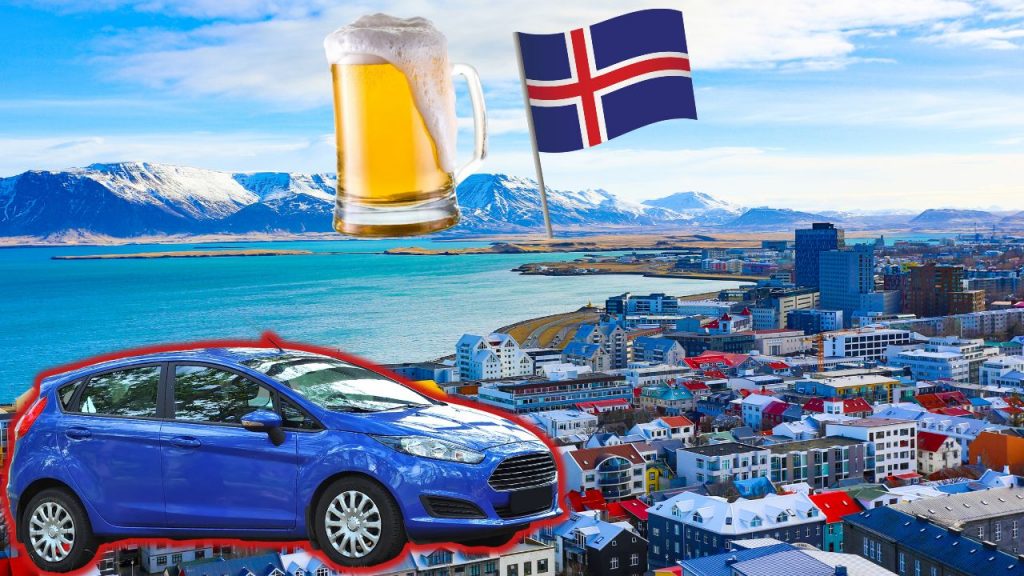
Driving under the influence of alcohol poses significant risks not only to yourself but also to others on the road. In Iceland, where the legal alcohol limit for drivers is strictly set at 0.00%, it’s essential to plan ahead to ensure you’re not driving with a high Blood Alcohol Concentration (BAC). Here are practical suggestions to avoid driving after consuming alcohol:
- Utilize Taxi Services: One of the most convenient and safe alternatives to driving yourself is to use taxi services. For those in Reykjavík, consider using local taxi companies like Taxi & Tour DriveReykjavik or for those in Kópavogur, icelandviptaxi.com offers excellent services. These options provide a hassle-free way to get home safely without risking driving under the influence.
- Opt for a Designated Driver Service: If you find yourself in a situation where you’ve driven to a location but consumed alcohol and are not in a condition to drive back, a designated driver service is a perfect solution. Services such as Hreyfill in Reykjavík offer to drive you and your car home. Searching for “designated driver service” in your city in Iceland will provide you with options available in your area. This way, you don’t have to leave your car behind or compromise on safety.
By opting for these alternatives, you ensure your safety and that of others on the road. It’s a responsible choice that aligns with Iceland’s strict drink-driving laws and helps maintain the safety and integrity of its roads.
Sticking to Drink and Drive Laws in Iceland: Sad Statistics
Despite the limited data on drink-driving incidents in Iceland, it’s important to note the severity of its impact: in 2020 alone, eight fatalities were recorded due to road accidents, alongside 727 injuries, 131 of which were severe. This highlights the critical need for road safety awareness and the importance of refraining from driving under the influence of alcohol.
Understanding and adhering to the local drunk driving laws of any country you visit, including Iceland, is essential for your safety and that of others. Regularly checking your blood alcohol level with a reliable alcohol breathalyzer can help maintain your sobriety and ensure compliance with these laws.
For those seeking more comprehensive information on Iceland’s drunk driving regulations and penalties, the official website offers up-to-date guidance. Remember, even a small amount of alcohol can impair driving abilities, so it’s always safer to opt for alternative transportation methods if you’ve been drinking.

